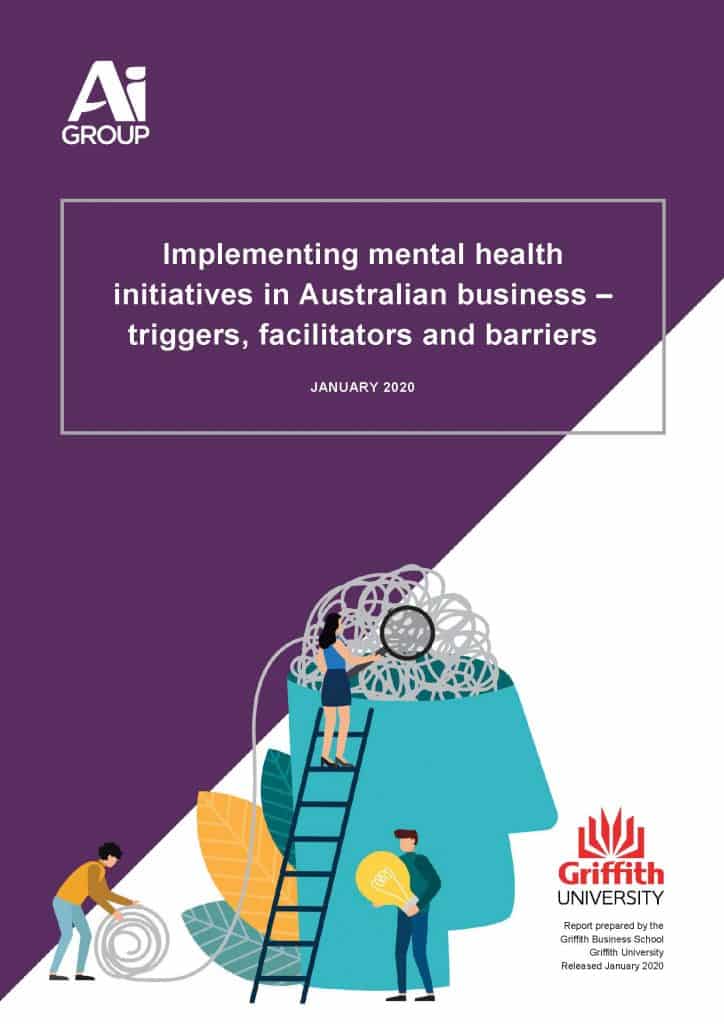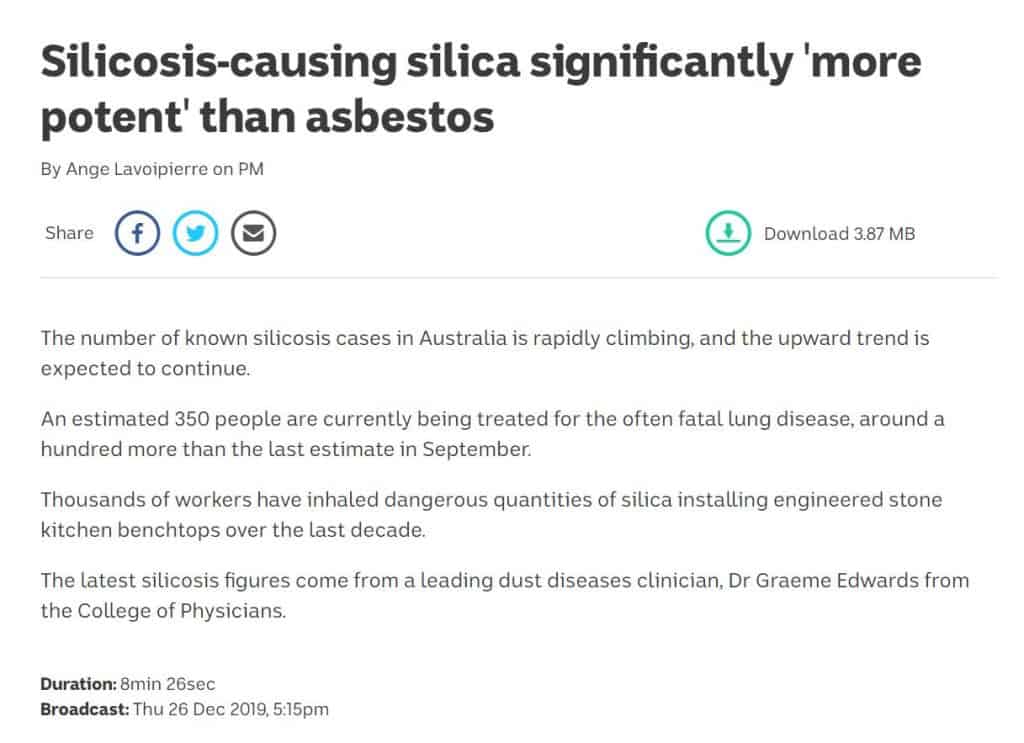
The Australian Industry Group has released research into workplace mental health conducted by Griffith University. The AiGroup claims it is a
“… a landmark study into mental health initiatives taken in local workplaces”.
It is far from it. Workplace mental health will only become more important in 2020 with reports due from the Productivity Commission and the Australian Human Rights Commission. Sadly the AiGroup report gives inadequate attention to the prevention of work-related psychological harm even though this has been identified by some Australian mental health experts as the most cost-effective and sustainable business strategy.
The most obvious problem with the report is with this statement:





